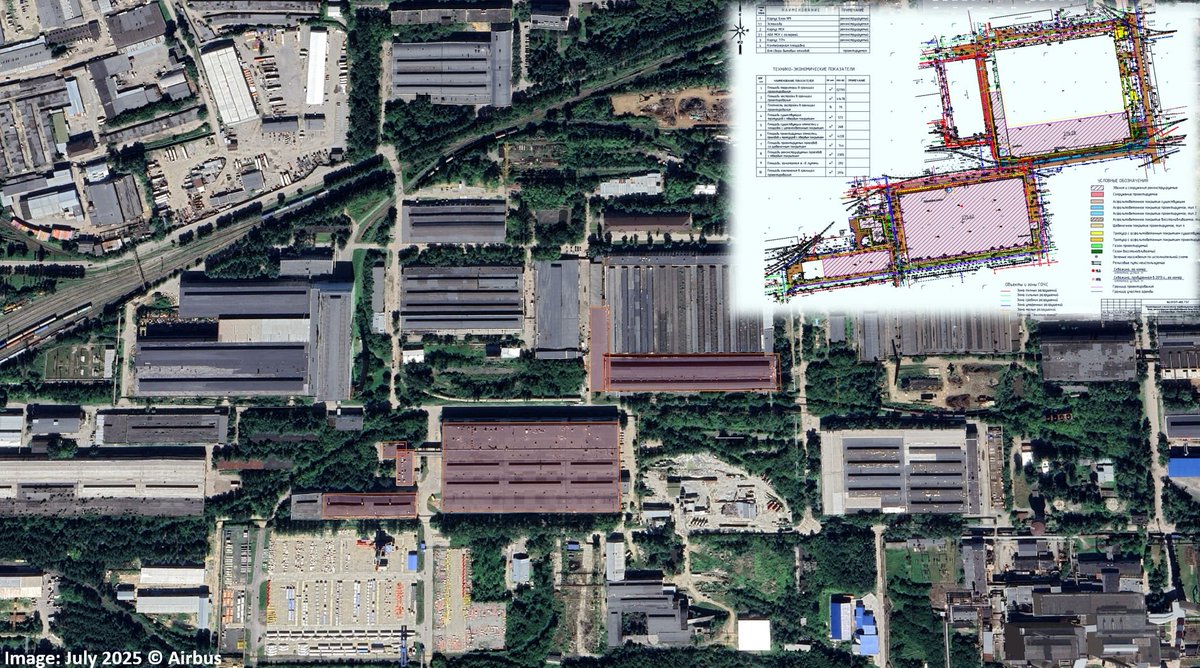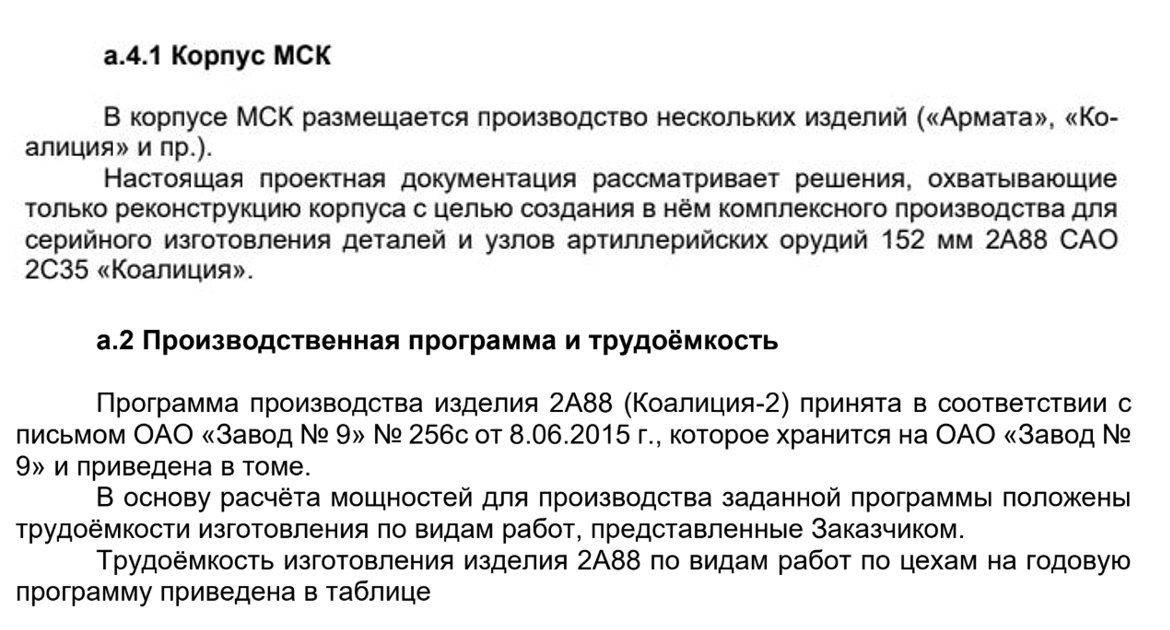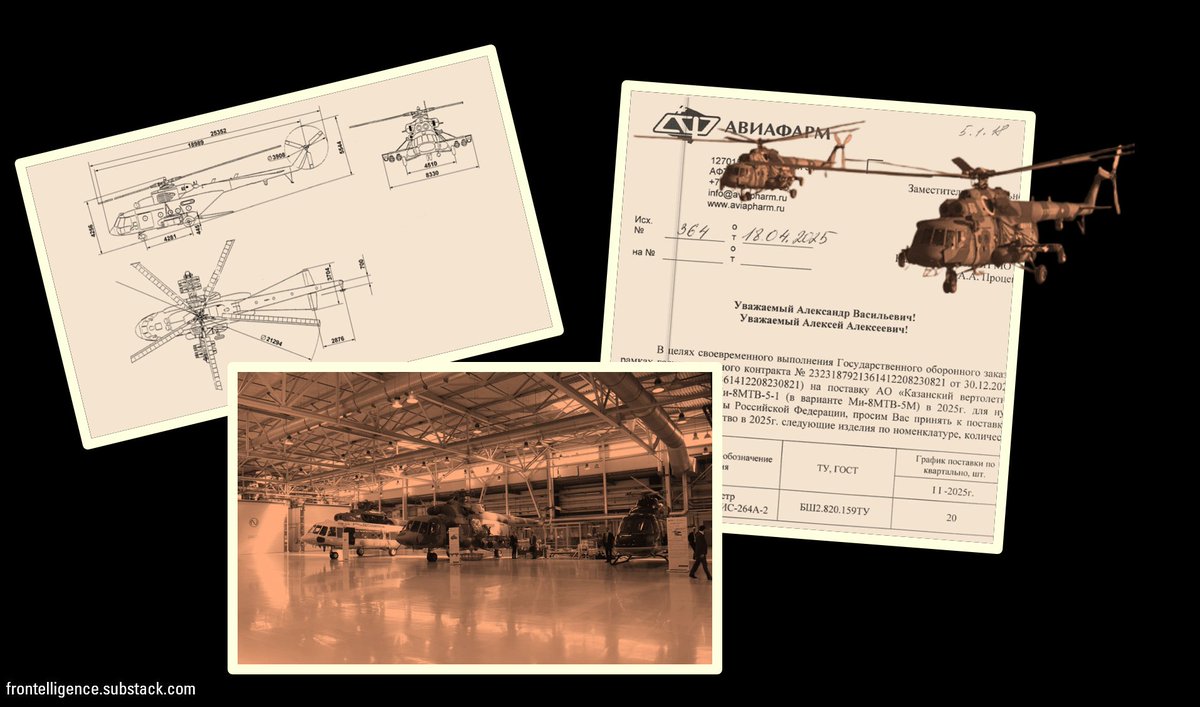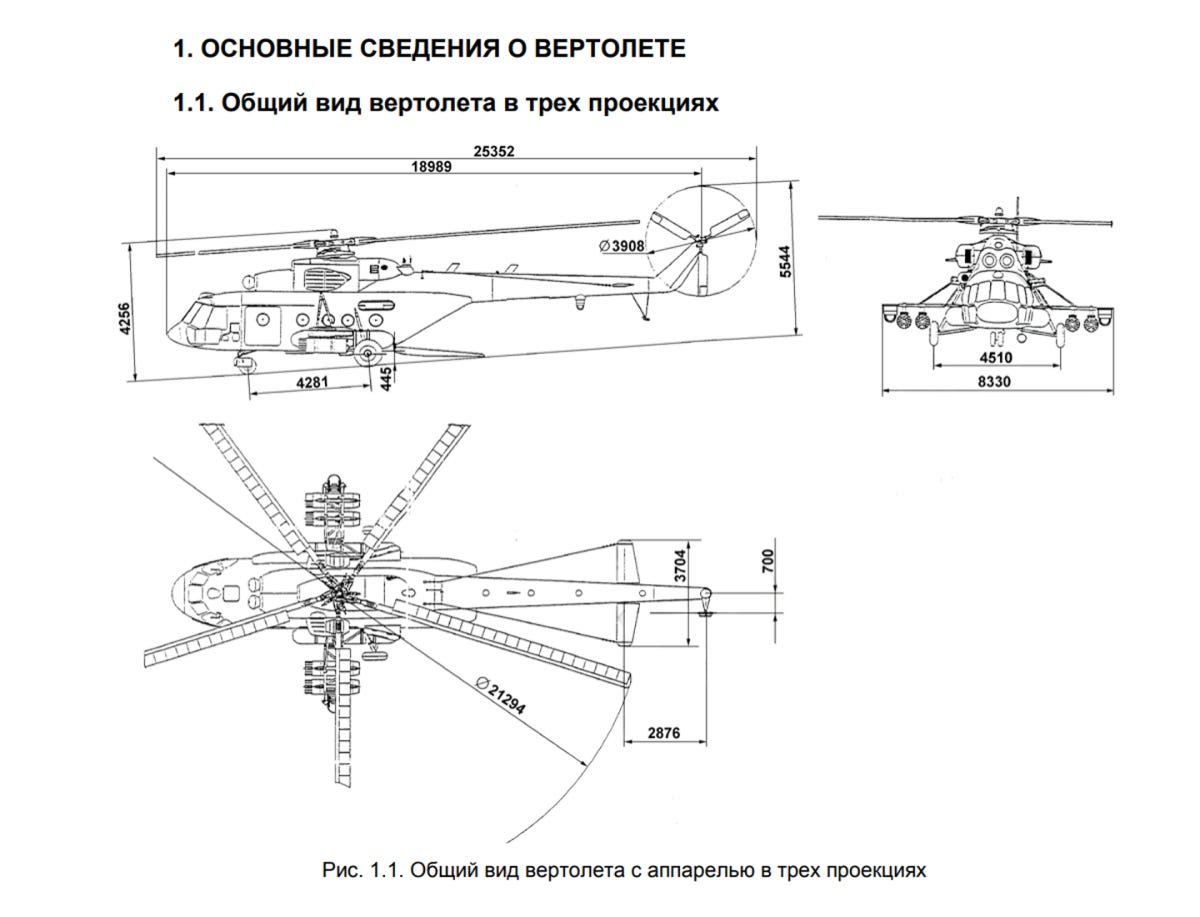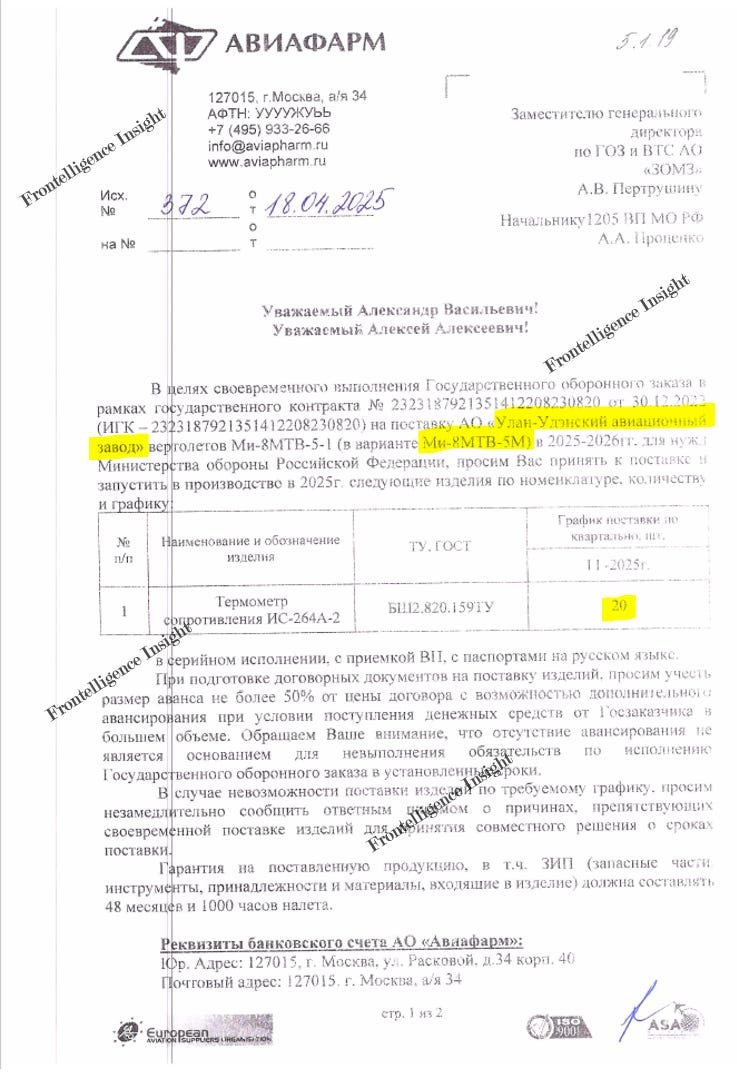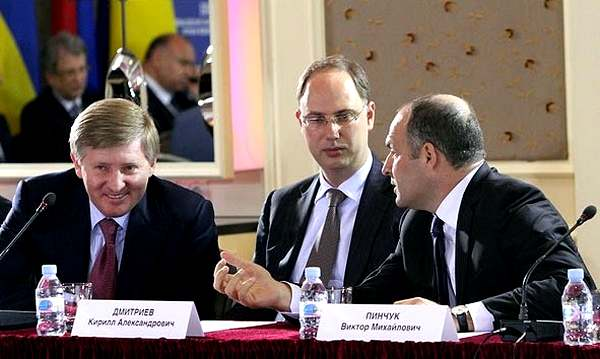After reviewing an internal correspondence leak from a Russian military electronics plant "Mikropribor", Frontelligence Insight, with data provided by @CyberResUa discovered that the production of the Su-57 is in jeopardy without access to crucial Western components. 🧵Thread: 

2/ According to correspondence between the head of the procurement bureau at the "Red Banner" plant (a part of Almaz-Antei) and "Mikropribor" in August 2022, Mikropribor was given a list of required equipment for the MPPU-50. Keep this device name in mind- it's important

3/ The provided list consists of foreign-made components, including the WA36 Fixed Attenuator, EA-PS 3150, and PLR7 60-12 power supplies, all sourced by various Russian companies. The goal of procurement is to ensure the assembly of automated workstations for testing the MPPU-50

4/ All the aforementioned components are produced abroad and supplied by various Russian companies that acquire and deliver this equipment. But why do we care and what exactly is the MPPU-50?
5/ An official correspondence letter between the Almaz-Antei affiliate "Red Banner" and Mikropribor reveals that MPPU-50 modules are integral to the production of the Su-57. The letter states that challenges in MPPU-50 production could jeopardize the production of Su-57 

6/ Additionally, we know that the "Mikropribor" research institute and production facility were working on at least three automated stations for testing and calibrating the MPPU-50, used in its latest generation of jets - Su-57 production, which heavily relied on Western parts. 
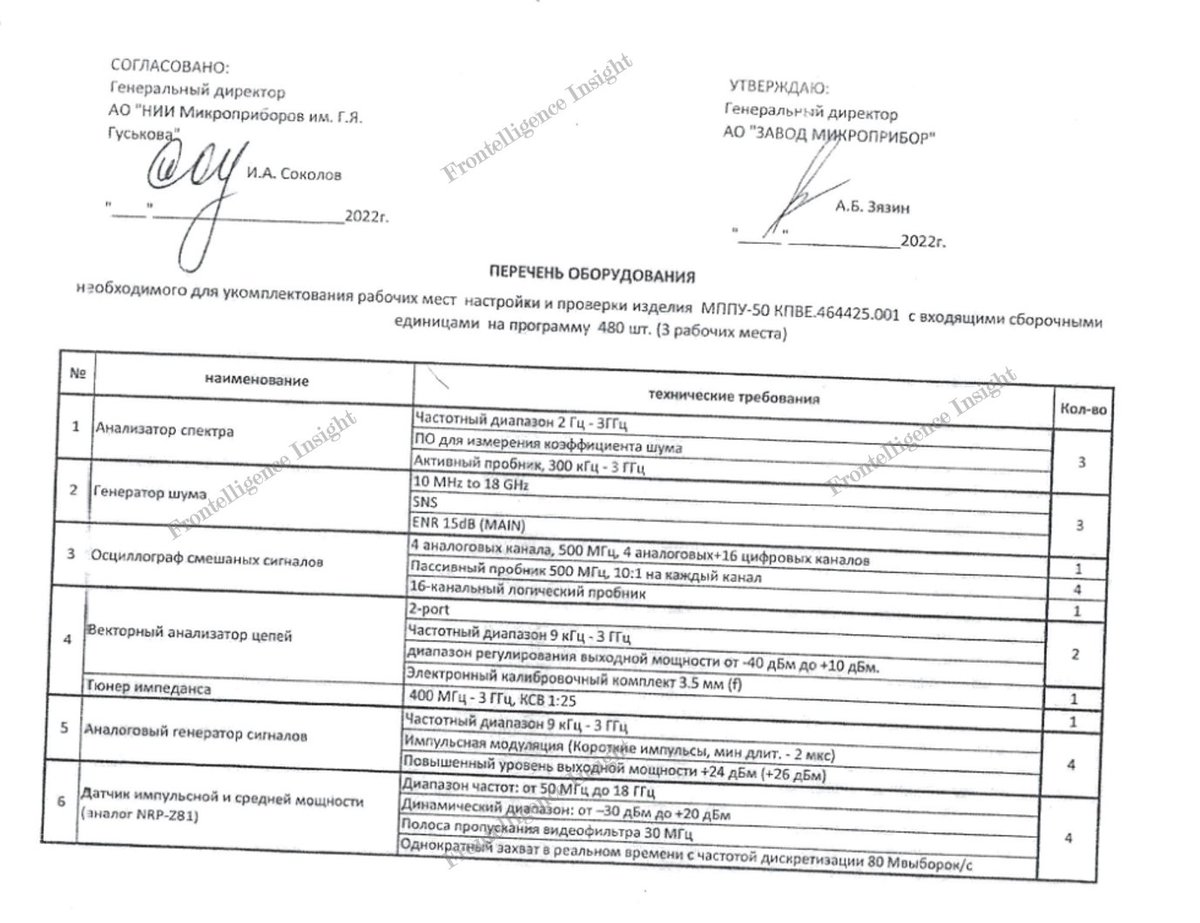
7/ The list of specific parts provides clearer insight into the Western components used in production, in this particular example from Pulsar Microwave Corporation. Notably, the purchase offer for these components was made in July 2022, nearly six months into the war. 

8/ The supplied parts extend beyond smaller components, as shown in the deal between the Mikropribor factory and a company called KMT, where KMT agreed to supply at least one Siemens lathe (model KLE 360) in July 2022 

9/ While it's hard to determine from the documents whether these components came from the existing Russian stockpiles or were deliberately sold via third countries, it's clear that Russia's military industry heavily depends on Western components, particularly in electronics
10/ Considering that Russian military production continued to expand in 2023 and 2024, it's clear that they find ways to smuggle key components or purchase Chinese replacements to maintain production. While we can't eliminate these deliveries, we should aim to minimize them
• • •
Missing some Tweet in this thread? You can try to
force a refresh



